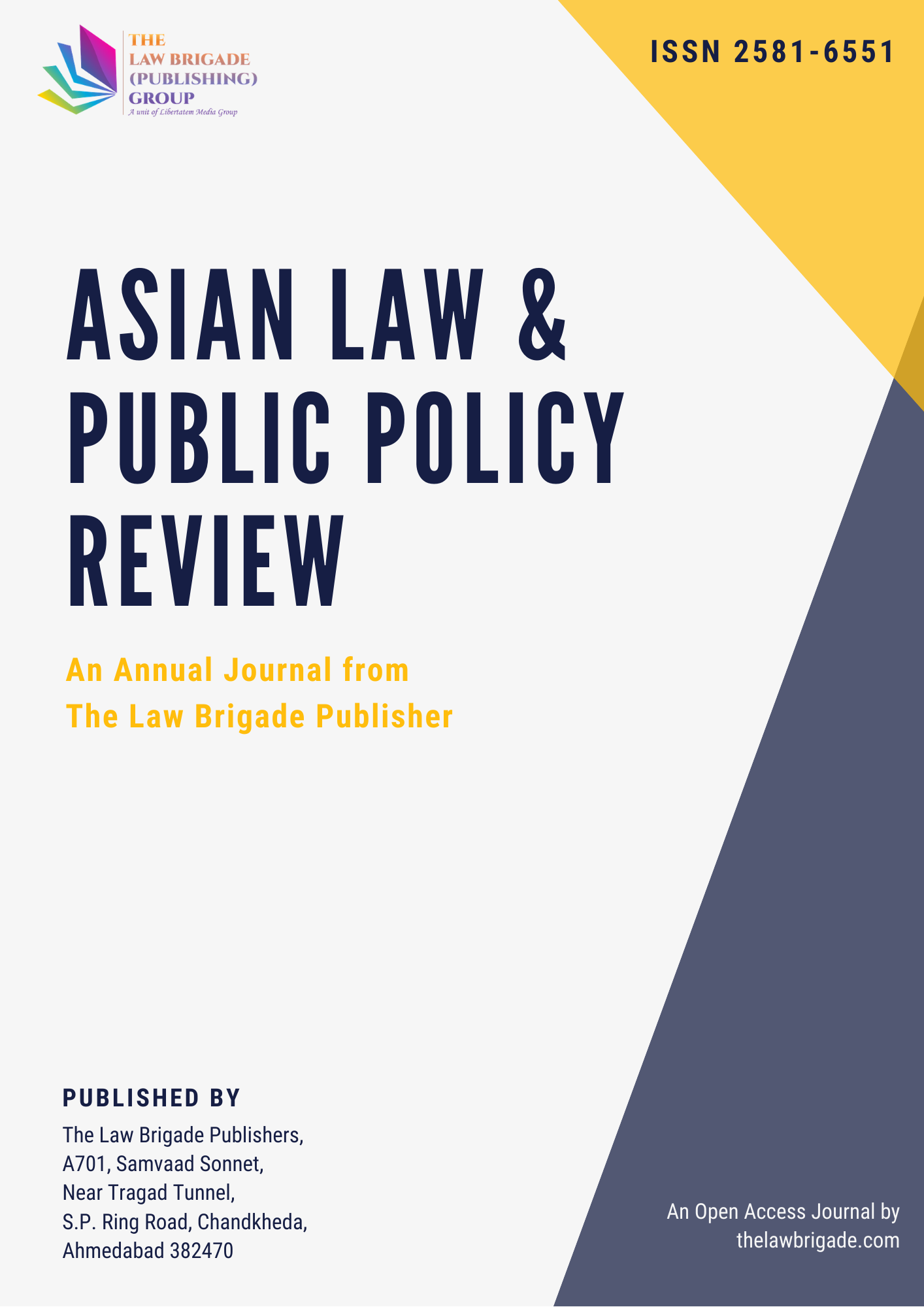The prevailing perception of rape laws predominantly revolves around male perpetrators and female victims, reflecting traditional gender norms and stereotypes. However, in recent years, the urgent need for a gender-neutral framework in addressing sexual offenses has gained significant attention. This paper aims to explore the complexities and potential implications of implementing gender-neutral rape laws in contemporary societies.
The first section reviews the historical context of rape legislation, illustrating its gender-biased roots and its impact on survivors of all genders. Subsequently, the paper analyzes the evolving societal understanding of gender, dismantling the binary perspectives and acknowledging the experiences of individuals beyond the male-female spectrum. The role of gender neutrality in fostering inclusivity, breaking stereotypes, and promoting equal rights is emphasized. Drawing upon case studies and legal analyses from diverse jurisdictions, the paper highlights the challenges faced when transitioning towards a gender-neutral approach to rape laws. Issues such as victim-blaming, cultural resistance, and the safeguarding of due process are examined, presenting a comprehensive view of the multifaceted obstacles.
Furthermore, the research delves into the potential benefits of gender neutrality in rape laws, including enhanced reporting and prosecution rates, increased protection for all survivors, and the establishment of a more just legal system. The paper also addresses concerns regarding false accusations and the importance of balanced measures to protect the rights of both accusers and the accused. While acknowledging the complexity of this transformation, the paper ultimately advocates for an inclusive, gender-neutral approach that upholds the principles of equality and justice for all individuals, regardless of gender identity or expression.





